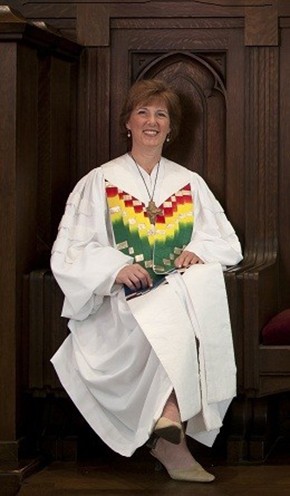My life with ALS: Depending on the care of others

When I was a 28-year-old chaplain in a nursing home, Marie was the one person I avoided. Marie was in her early fifties and was the first person I’d met who was living with amyotrophic lateral sclerosis. Her whole body was a grimace of pain, from her mournful eyes to her tightly clenched fists to her withered legs dangling from the wheelchair.
I was stunned by the cruelty of this degenerative neuromuscular disease. ALS typically strikes people between the age of 40 and 60. It leads to death within two to five years. While the body wastes away, the mind stays perfectly sound, forcing the patient to live his or her own dying with frightening clarity. No wonder Marie seemed angry and withdrawn.
I did not know how to be a pastor to Marie. Her bitterness intimidated me, and I could think of nothing that would ease her pain, nor could I offer a healing word. Though I was ashamed of my reaction, I still found reasons not to visit her.





